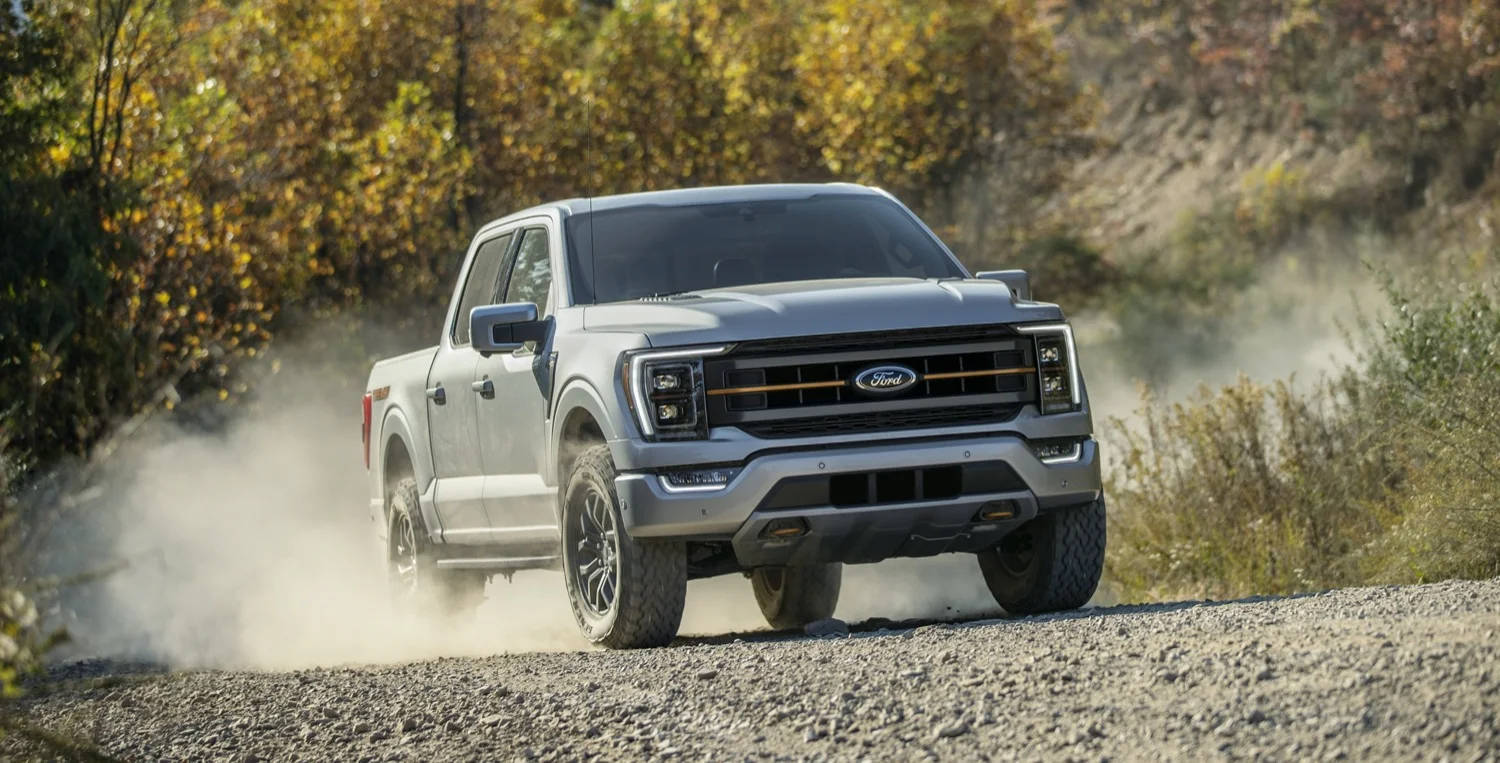afransen
Senior Member
Yes, but they won't be serviced by independent mechanics, but instead the software will lock them out, forcing owners to return to Tesla, or whichever brand for pricey dealer service.
The number of independent mechanics is already becoming vanishingly small, EV or ICE.
There are things that will require trained technicians to service, but things like brakes, suspension, alignment etc. ie most of the remaining things that require regular maintenance can be done by generalist mechanics.





